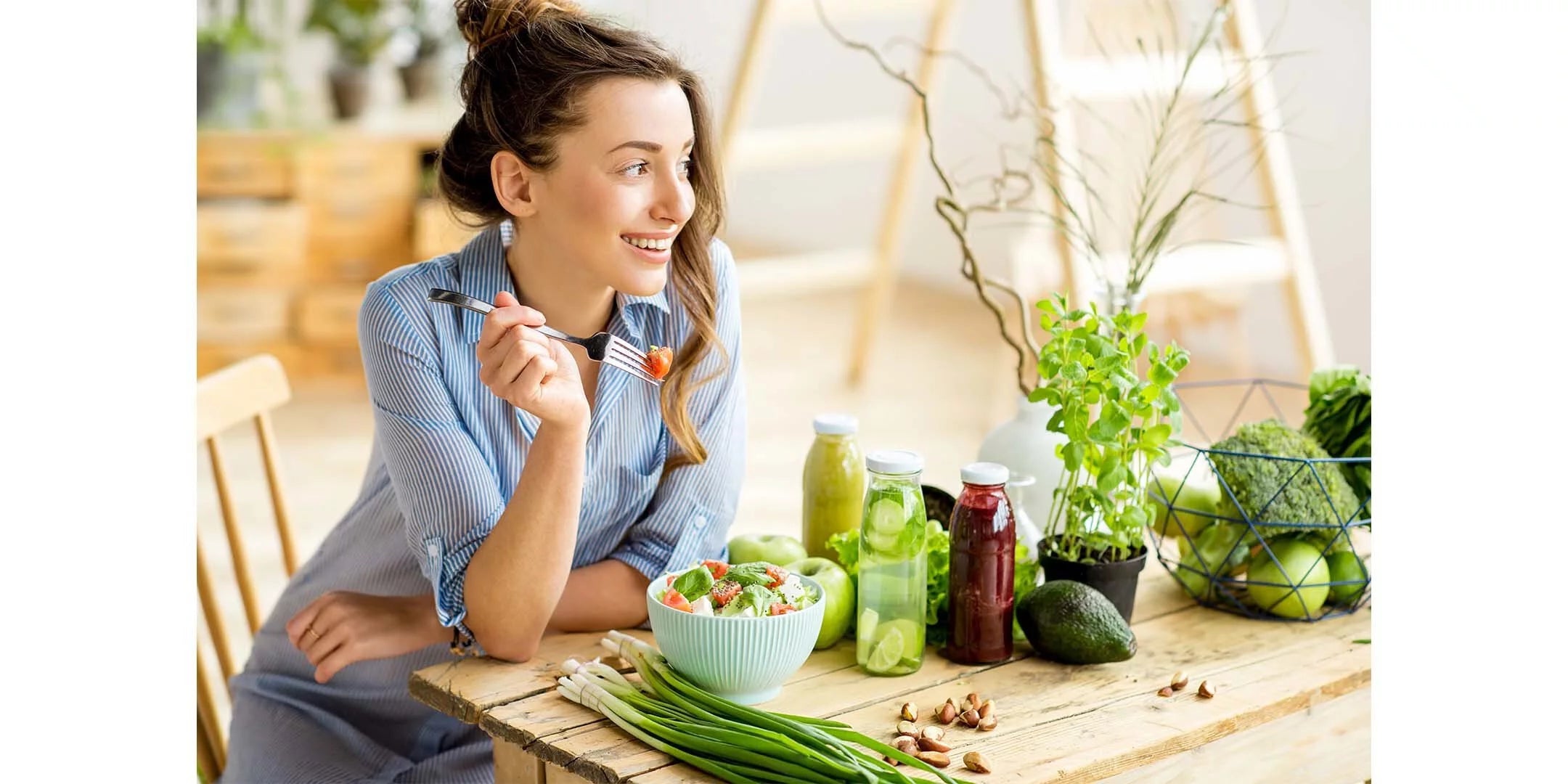How to eat healthier during the epidemic prevention period?

How can you adjust your body and mind in this epidemic? The spread of the epidemic has changed our usual living habits, reducing the risk of infection by reducing gatherings, traveling and going out. The long-term physical and psychological pressure will reduce the immunity.
So how to increase the body's immunity against viruses?
It can be divided into two parts, the first is movement:
Studies in sports immunology have pointed out that slow and continuous exercise has the greatest impact on immune function by reducing systemic inflammation. In the review of sports immunology, it is mentioned that exercise will activate important immune cells (neutrophils, monocytes, natural killer cells, killer T cells), and take these cells away from the surrounding "base" (spleen, lymph nodes, bone marrow ), allowing them to enter blood vessels and lymphatic vessels to circulate through the body at a faster rate than usual.
This gives immune cells a stronger surveillance capability against viruses and bacteria. In addition, according to the latest research published in "Nature" in 2021, exercise can "strengthen bones" and improve "immunity". During the running and walking of mice, the mechanical force transmitted through bone marrow blood vessels will induce new bone cells in mice Secretes a growth factor that increases the frequency of immune cells such as lymphocytes, B cells, and T cells that form around arterioles. Therefore, during this epidemic, we can still do simple exercises at home to improve the body's immunity.

The second is nutrition : take more foods that can enhance immunity to improve self-protection and fight against viruses.
- Garlic, shallots, ginger, and onions help fight viruses, fight inflammation, and boost immunity.
- Fish is rich in omega-3 fatty acids that help fight inflammation.
- Vitamin A is the first line of defense of the respiratory mucosa and regulates upper respiratory tract immunity. Such as carrots, sweet potato leaves, sweet potatoes and so on.
- Vitamin C in fruit can resist oxidation, support the connective tissue structure of the lungs, and change the susceptibility to various bacterial and viral infections.
- Cruciferous vegetables such as green cauliflower and white cauliflower are rich in super-antioxidant phytochemicals, rich in sulforaphane to fight inflammation and enhance protection.
-
Mushrooms and grains are rich in dietary fiber, which is good for lung health and good intestinal bacteria, while supplementing natural phytochemicals to enhance immunity.
Secondly, how to adjust psychologically?
The epidemic will not disappear quickly, and it will usually exist for a period of time. The subsequent impact of work and changes in material resources have psychologically produced fear, stress, anxiety, and feelings of powerlessness. Therefore, during the epidemic period, the first priority is stability and self-care.
1. Reduce supplementary speculation: It is of course important to have the correct information, but in an era of rapid and explosive information, too much information will be difficult for people to digest. Choose the right source of information (such as official, reliable organizations or media), and control the frequency of obtaining information, so as to avoid too much information from making you lose the ability to judge.
2. Maintain a state of health: such as a balanced diet, regular exercise, and restful sleep
3. Do something you love
4. Talk about feelings, express your emotions, and observe your own emotions, such as writing a diary.





